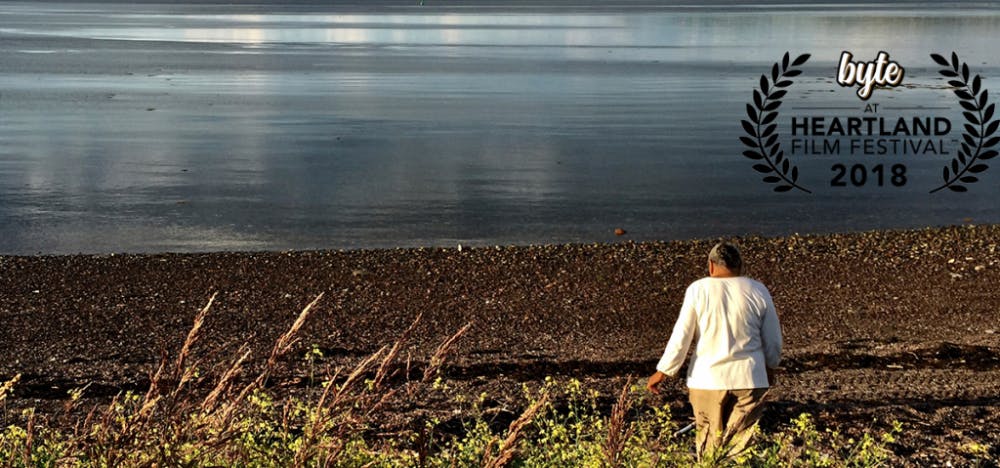Dawnland is a documentary that tackles an important subject that is sadly not often discussed: the forcible removal of Native American children from their parents by the American government in an effort to assimilate them to white American society. In an effort to distance Native American children from their culture, they were placed in white households, some whom were extremely racist or abusive towards their foster children. Schools specifically tailored to teach these Native American children punished the use of Native languages and taught them to be ashamed of their heritage. Effectively, these children lost a massive part of their identity and were often subject to abuse by their foster parents. Dawnland focuses on the first official truth and reconciliation commission (TRC) in the United States as they travel to the various Wabanaki tribes in Maine to collect testimonies and conduct research on the impact of the peoples’ histories.
The subject is certainly anger-inducing and deserves to be fully explored, but that’s the problem with Dawnland: For such an interesting topic, the film doesn’t delve deep enough. There is very little historical context, limited interview subjects, no explanation on how the investigation impacted Native peoples, and far too much similar footage scattered throughout that doesn’t convey enough educational or new information.
The film is mostly comprised of interviews with Wabanaki Native Americans in Maine who had been forcibly separated from their parents as children, but the film is structured in a way that these interviews are scattered all over the place in short bursts and the stories are not fully explored. We don’t get to really know any of the subjects and the stories are typically very short. What’s more problematic, however, is how these interviews are incorporated into the film. Dawnland would have benefitted from stringing these interviews closer together instead of randomly throughout the film. It’s hard to feel the emotional impact when there is a serious interview topic beginning, only to stop after just scratching the surface and then transitioning to a new topic unrelated to any interview.
An aspect of the film I genuinely did enjoy was how the film tackled and showcased white privilege within the TRC. Dawnland shows the TRC, composed primarily of white individuals, has difficulty understanding how to respectfully engage with the Wabanaki people. The issue of white privilege is swiftly shut down and addressed within the film, which was honestly the best part for me. I appreciate Dawnland‘s honesty in showing that white people cannot fully understand the struggles of minorities and that being an ally means actually listening to the concerns of minorities.
While I genuinely want to like the film, I don’t think it’s a very effective documentary, which is a shame because the subject certainly deserves an in-depth look and exposure. I found myself asking, “Why do I not feel emotionally moved?” and it all comes down to film structure and a lack of engaging, educational content. Dawnland left me wanting to know more about the topic, but sadly I don’t think I’ll be returning to Dawnland for a refresher.

Featured Image: Dawnland‘s Official Website
For more entertainment related content, visit us at Byte BSU!



















